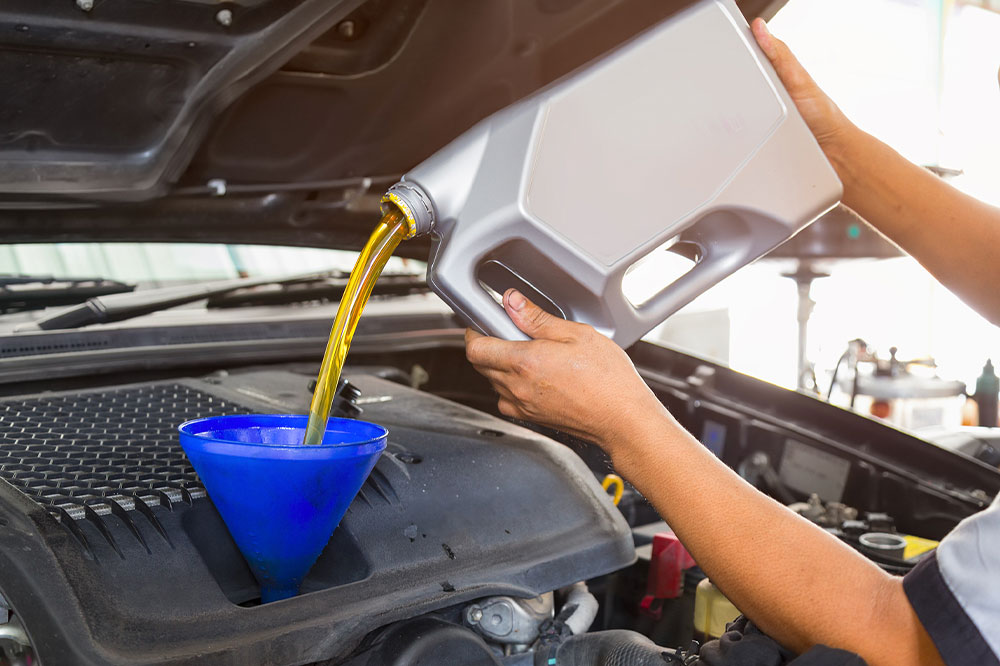5 oil change mistakes to avoid

An oil change is an essential part of vehicle maintenance. You can either get it done at the garage for a premium or change the oil yourself with the right set of tools. Although the process seems straightforward, there is room for errors here that can affect vehicle performance. From missing key steps to using the wrong type of oil, here are a few common oil change mistakes to avoid:
Overfilling or underfilling the engine
You should pay attention to the oil levels and the recommended amount of oil the engine needs. If you fill it up to the brim, the fluid will leak into the gaskets and pistons, stalling the engine. If you add too little oil, excessive friction will damage the engine. You need to add just the right amount as per the user manual.
Choosing the wrong type of oil
The right oil type can vary depending on the type of vehicle and the driving conditions. Premium synthetic motor oil is built to survive weather changes due to its high viscosity and resistance to oxidation. Some owners may prefer high-mileage oils that improve engine performance and boost mileage. Generic or conventional motor oils, the cheapest option, are ideal for simple engine designs and regular driving conditions.
Not using the right tools
If you are planning a DIY oil change, you should have the key tool, like a collection pan, a set of oil filters, gaskets, and a functional tool kit with all the right accessories. Also, a hydraulic jack is required to lift up the vehicle enough to create space for crawling under and draining the oil safely.
Changing oils prematurely
Modern-day vehicles come with engines that are easy to maintain and highly efficient. So, your car could cover anywhere from 7,000 to 10,000 miles before it needs an oil change service. The driving range will vary depending on the vehicle’s make and model, so refer to the manufacturer’s manual to learn about the recommended frequency of oil changes.
Not changing the oil filter
An oil filter is a critical component of the vehicle, as it collects all the debris and separates it from the lubricant to prevent sludge from affecting engine performance. It is important to replace old filters when getting an oil change service, especially if the filter seems to be clogged.